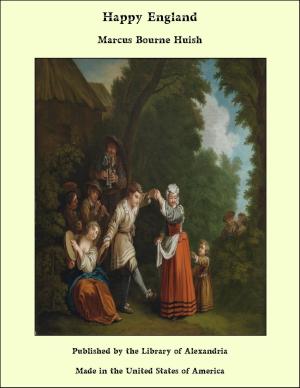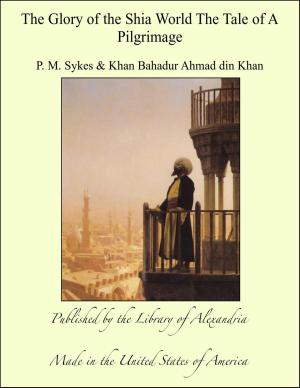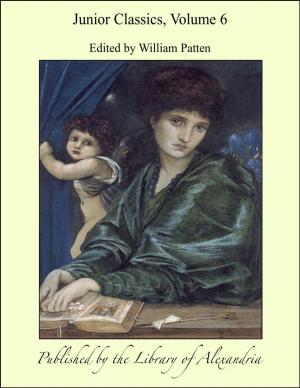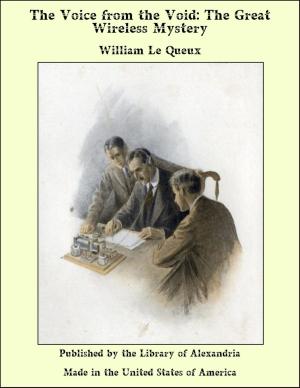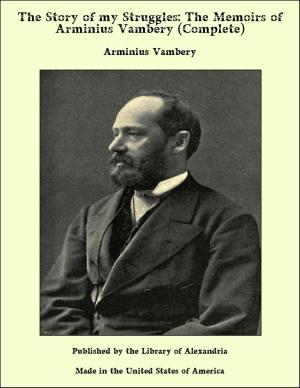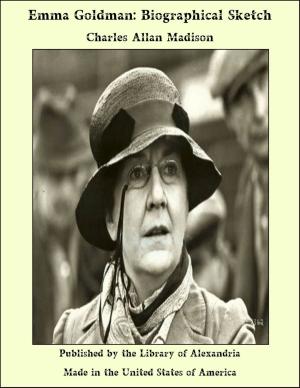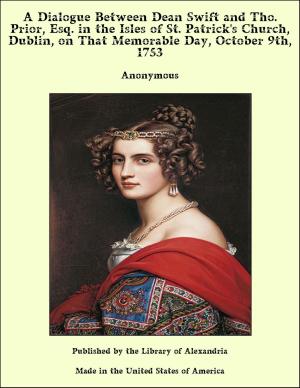The Americanization of Edward Bok: The Autobiography of a Dutch Boy Fifty Years After
Nonfiction, Religion & Spirituality, New Age, History, Fiction & Literature| Author: | Edward William Bok | ISBN: | 9781465537966 |
| Publisher: | Library of Alexandria | Publication: | March 8, 2015 |
| Imprint: | Language: | English |
| Author: | Edward William Bok |
| ISBN: | 9781465537966 |
| Publisher: | Library of Alexandria |
| Publication: | March 8, 2015 |
| Imprint: | |
| Language: | English |
An Explanation This book was to have been written in 1914, when I foresaw some leisure to write it, for I then intended to retire from active editorship. But the war came, an entirely new set of duties commanded, and the project was laid aside. Its title and the form, however, were then chosen. By the form I refer particularly to the use of the third person. I had always felt the most effective method of writing an autobiography, for the sake of a better perspective, was mentally to separate the writer from his subject by this device. Moreover, this method came to me very naturally in dealing with the Edward Bok, editor and publicist, whom I have tried to describe in this book, because, in many respects, he has had and has been a personality apart from my private self. I have again and again found myself watching with intense amusement and interest the Edward Bok of this book at work. I have, in turn, applauded him and criticised him, as I do in this book. Not that I ever considered myself bigger or broader than this Edward Bok: simply that he was different. His tastes, his outlook, his manner of looking at things were totally at variance with my own. In fact, my chief difficulty during Edward Bok's directorship of The Ladies' Home Journal was to abstain from breaking through the editor and revealing my real self. Several times I did so, and each time I saw how different was the effect from that when the editorial Edward Bok had been allowed sway. Little by little I learned to subordinate myself and to let him have full rein. But no relief of my life was so great to me personally as his decision to retire from his editorship. My family and friends were surprised and amused by my intense and obvious relief when he did so. Only to those closest to me could I explain the reason for the sense of absolute freedom and gratitude that I felt
An Explanation This book was to have been written in 1914, when I foresaw some leisure to write it, for I then intended to retire from active editorship. But the war came, an entirely new set of duties commanded, and the project was laid aside. Its title and the form, however, were then chosen. By the form I refer particularly to the use of the third person. I had always felt the most effective method of writing an autobiography, for the sake of a better perspective, was mentally to separate the writer from his subject by this device. Moreover, this method came to me very naturally in dealing with the Edward Bok, editor and publicist, whom I have tried to describe in this book, because, in many respects, he has had and has been a personality apart from my private self. I have again and again found myself watching with intense amusement and interest the Edward Bok of this book at work. I have, in turn, applauded him and criticised him, as I do in this book. Not that I ever considered myself bigger or broader than this Edward Bok: simply that he was different. His tastes, his outlook, his manner of looking at things were totally at variance with my own. In fact, my chief difficulty during Edward Bok's directorship of The Ladies' Home Journal was to abstain from breaking through the editor and revealing my real self. Several times I did so, and each time I saw how different was the effect from that when the editorial Edward Bok had been allowed sway. Little by little I learned to subordinate myself and to let him have full rein. But no relief of my life was so great to me personally as his decision to retire from his editorship. My family and friends were surprised and amused by my intense and obvious relief when he did so. Only to those closest to me could I explain the reason for the sense of absolute freedom and gratitude that I felt


